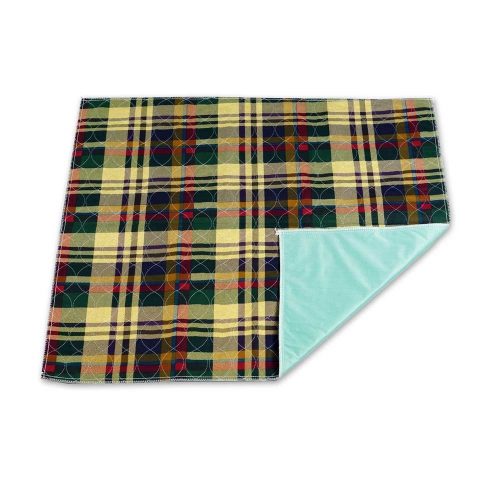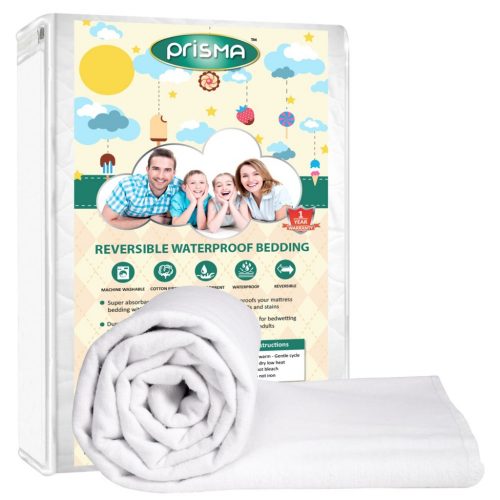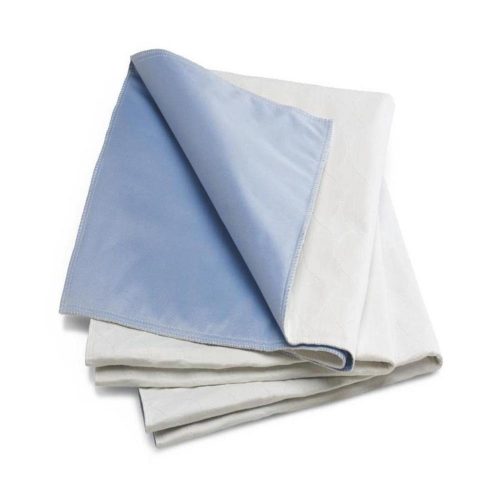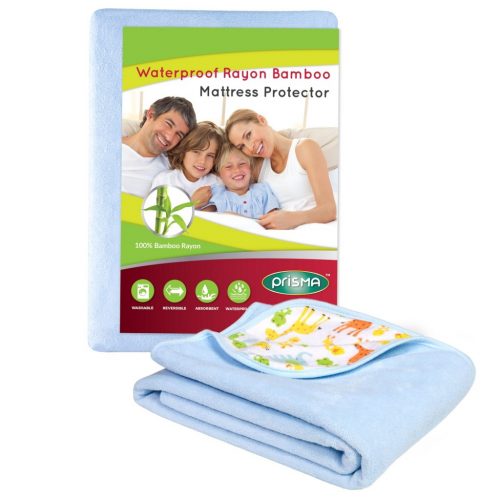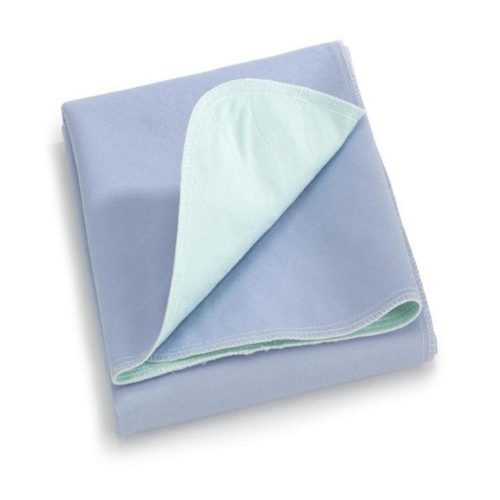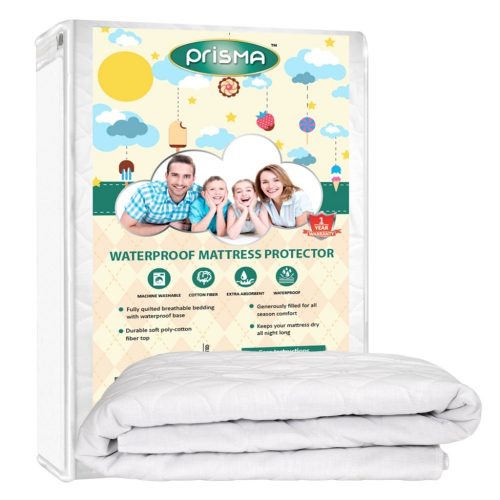Bedwetting Solutions
Commonly used bedwetting solutions include bedwetting alarms, diapers, waterproof bedding and prescription medications. There is no right or wrong when you have to deal with bedwetting solutions. While diapers and waterproof bedding’s aim at controlling urine from spreading on the bed, prescription medications absorb water from the kidney and limit the urge to go to the bathroom. Bedwetting alarms on the other hand are clinically proven Bedwetting solutions that can stop bedwetting permanently. When used correctly, these enuresis alarms have a high success rate with low relapse.
When your kid wakes up with wet sheets, it can leave him feeling embarrassed and uncomfortable, and leave you sleepless, stressed and buried in laundry. Many parents try restricting water or waking their kids during the night, but the problem only persists and the whole family becomes more sleep-deprived. We called in the experts to teach us their simple but not-so-obvious Bedwetting solutions strategies to eliminate bedwetting.
Using a Bedwetting Alarm
A bedwetting alarm, to be known as one of the best bedwetting solutions is worn by the child and emits a loud sound at the first sign of moisture, is easy to use and effective approach that can work for kids ages five and older. Because many kids who wet the bed are deep sleepers, the alarm may not wake your kid up at first, so you might need to get your kid up. But, with time, your kid should begin to wake up in the first moments of the alarm sounding, so he can get to the washroom. Eventually, his body will learn to wake up when the bladder is full, so he can get to the bathroom in time. Both Grise and Robson are advocates of bedwetting alarms as perfect bedwetting solutions and, according to the Canadian Pediatric Society, though it may take a few months, almost half of kids in studies stopped bedwetting after using an alarm. “It’s about recognizing the feeling of having to go,” says Grise, who explains the best bedwetting solutions are the alarm that conditions kids to wake up when they notice that feeling. Once kids have learned to wake up, he takes it a step further and tells kids to stay in bed and focus on the sensation, then go back to sleep. That way, they can learn to control their bladder while they sleep.
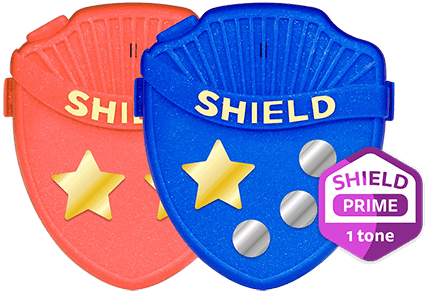
SHIELD PRIME BEDWETTING ALARM
Shield Prime bedwetting alarm is a compact and discreet bedwetting solution with powerful built in technology. The single tone alarm comes in two metallic colors – Royal Blue and Red. Each is engineered to stop bedwetting in children ages 5 and up and teenagers who wet the bed at night.
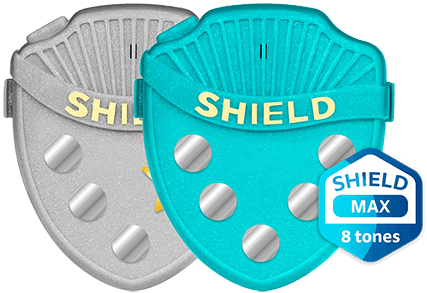
SHIELD MAX BEDWETTING ALARM
Shield Max bedwetting alarm is highly recommended bedwetting solution. It comes in two metallic colors – Teal and Silver and is powered by 8 loud alert tones, a bright light and strong vibrations. Shield alarms offer ideal treatment for bedwetting children ages 5 plus and teens.
Get A Waterproof Mattress Pad
Waterproof mattress pads are an essential item for bedwetting solutions that protects your bed from urine, spit-up, sweat and other bodily fluids that are part of life. Wet or damp mattresses provide an environment for bacteria, mold, mildew and fungi, which can lead to a toxic sleep environment. Stay Dry & Protect Your Bed with a large variety of waterproof mattress pads available at our store.
Keep them Hydrated
Your first instinct for bedwetting solutions might be to cut back on your child’s fluid intake, but Lane Robson, a pediatric nephrologist at The Children’s Clinic in Calgary, says this can lead to dehydration, which can actually exacerbate the problem. He sees many parents withhold water only to find their kids are still excreting just as much urine at night, because the body, which needs water for proper functioning, learns to draw it out of other sources like the intestines. This leaves kids constipated, and the buildup in the bowels presses on the bladder, restricting its capacity. Robson recommends while you are looking for bedwetting solutions encourage your child to drink plenty of water in the morning (aim for 40 percent of what he needs in a day), some water or a “treat drink” (like iced tea or chocolate milk) at lunch, and then water after school, at dinner and in the evening to keep him consistently hydrated.
Treat Constipation
Robson sees many young patients who have hard, pasty poops, which affects their bladder. Even if your child doesn’t complain of constipation, taking steps to improve their bowel health can reduce bedwetting. In addition to plenty of water, your kid needs fiber—ideally, some in every meal or snack—to promote bowel regularity. Focus on a healthy diet filled with veggies and complex carbs, and try a stool softener that is another way to deal with bedwetting solutions to improve your little one’s bowel functioning. Robson also stresses the importance of giving kids time to relieve themselves in the morning—they should have bowel movements on a daily basis—in order to ease pressure from the intestines and allow the bladder to expand.
Avoid Problem Foods
Bedwetting solutions chart says that certain foods can impact a child’s sleep and bladder function. The Canadian Pediatric Society recommends cutting out caffeine-containing foods (think chocolate or pop), because they’re diuretics. Peter Grise, a bedwetting therapist who coaches families regarding bedwetting solutions in southern Ontario, suggests avoiding milk before bed, because it’s a protein, which is hard to digest, and because underlying dairy sensitivities can lead to sleep problems. Citrus foods or drinks, like orange juice, which can irritate the bladder, are also on his not-before-bed list. Meanwhile, Robson looks at the sodium content in the diet of his patients if they’re obese or adolescents. “Salt intake drives pee production because the kidneys are meant to regulate salt balance,” he explains. If your child is eating a lot of processed foods, chances are his diet is high in sodium.
Practice Going Pee
In addition to bedwetting solutions it is important to help prevent constipation, getting kids into the habit of regularly drinking water and emptying their bladders throughout the day can help them build the muscle awareness and control needed to stay dry through the night. “Get your kids to go to the bathroom—whether they need to go or not—every two hours and then have them drink a cup of water,” recommends Grise. He explains that “holding it” is a bad habit for kids to get into, because it can thicken the muscular bladder walls, reducing their sensitivity to bladder fullness. He also suggests as a part of bedwetting solutions using a practice exercise to train young kids (ages 4 and up) to get up from bed to go to the washroom. First, give them a big glass of water an hour before bedtime. Then, have them get in bed, pretend to fall asleep and get up to go pee. They should do this exercise at least twice a night to “build muscle memory,” says Grise.
Skip the Drugs
Bedwetting solutions consists that there are some pharmaceutical options used to help deal with enuresis (the medical term for bedwetting), but neither Grise nor Robson recommend going that route. The most common one, desmopressin acetate (DDAVP), imitates the natural water-conserving hormone in the body that tells the kidneys to stop producing urine. Grise says if it’s used inappropriately, it could upset the water balance in your body, and it’s not a long-term bedwetting solutions. “It doesn’t work to stop bedwetting; it stops your kidneys.” He suggests that, by using a bedwetting alarm, your kid can actually train his body to use his own naturally occurring hormones instead of relying on a drug to have the same effect.

